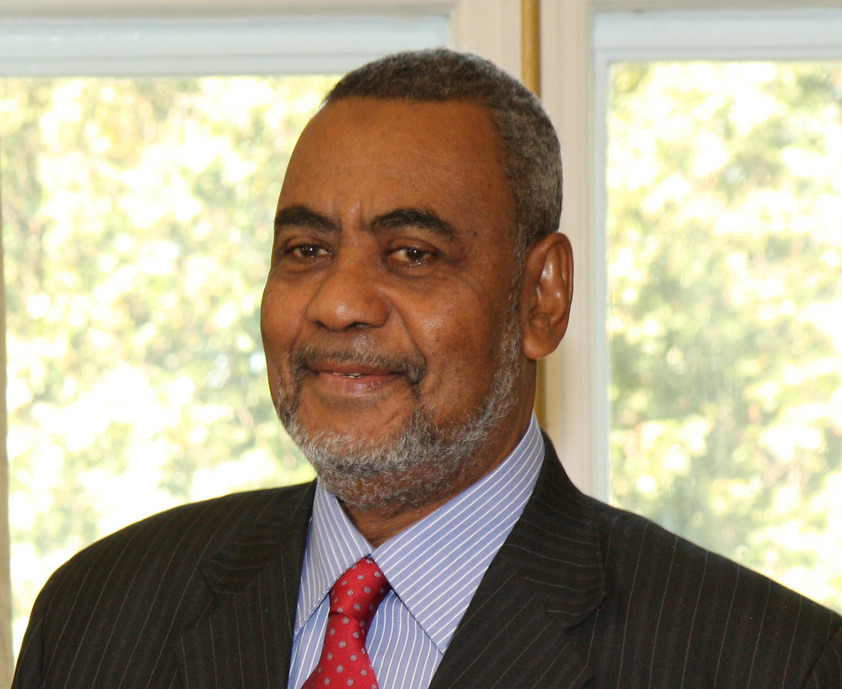March 20th marked a large shift in African politics, as 5 countries on the continent voted on key issues.
Citizens of Benin, Niger, Cape Verde, Zanzibar, Senegal, and The Republic of Congo all had the chance to head to the polls last weekend. While some results were as expected, some showed progress towards improved electoral processes.
In Benin, a presidential run-off took place between Prime Minister Lionel Zinsou, and businessman Patrice Talon. Both were seeking to replace the incumbent President Yayi Boni, whose second term in office ends on April 6th. Events progressed well from the first round of the campaign in which there were 33 candidates. Benin has shown great progress in electoral process, and was the first country in sub-Saharan African to transition to a multi-party democracy. After the polls, Lionel Zinsou conceded defeat to Patrice Talon. The victory of the businessman shows a push for change in how the people of Benin wish to be governed.
Denis Sassou Nguesso was elected to his third term in office
In the Republic of Congo, Presidential elections were held under the new constitution which removed both age and term limits for those serving as President. Before the polls, opposition parties had denounced the lack of transparency in the electoral process. Adding to the irregularity, the country experienced a government-initiated communications blackout during the voting. The official statement was in order to avoid illegal leaking of election results. As predicted, the incumbent President Denis Sassou Nguesso was elected to his third term in office. President Nguesso has already served in office for over 30 years.
In Niger, a Presidential run-off took place between the incumbent President Mahamadou Issoufou, and Hama Amadou. Tensions were high before the run-off with the opposition party rejecting the results before the election was even held, and the COPA withdrawing from the campaign stating a lack of transparency in the process. Hama Amadou was arrested earlier in the year on charges of baby trafficking, and had been flown to France recently for medical treatment as it was stated that his health rapidly deteriorated while in prison. President Mahamadou took more than 92 percent of the vote.
Zanzibar was set for a re-run of its elections which were held in October 2015. At the time the Civic United Front claimed victory even before the results had come out, however the election was invalidated by Jecha Salim Jecha (the president of the local Electoral Commission) due to what was claimed as massive fraud. The Civic United Front however, claimed that this was a ploy by Chama Cha Mapinduzi to deny it victory. For these reasons, the main opposition party decided to boycott the elections only 2 days before the polls were held. The incumbent President Ali Mohamed Shein of Chama Cha Mapinduzi was re-elected.
Senegal: Yes or No referendum
In Senegal, voters were called to vote on a yes or no referendum. Among the issues the referendum addressed was reducing the term limit for presidential office from seven years to five years. This was seen as a bold move by President Macky Sall, as other African leaders seek to find ways to extend their term limits. The referendum would also afford official recognition to the opposition leader in the constitution, local councils would be give more power, and new rights would be afforded to citizens regarding the environment and land ownership.
Meanwhile on Cape Verde, parliamentary elections were held which saw the Movement for Democracy win an absolute majority. They will replace the African Party for the Independence of Cape Verde which had been in the majority for over 15 years.


